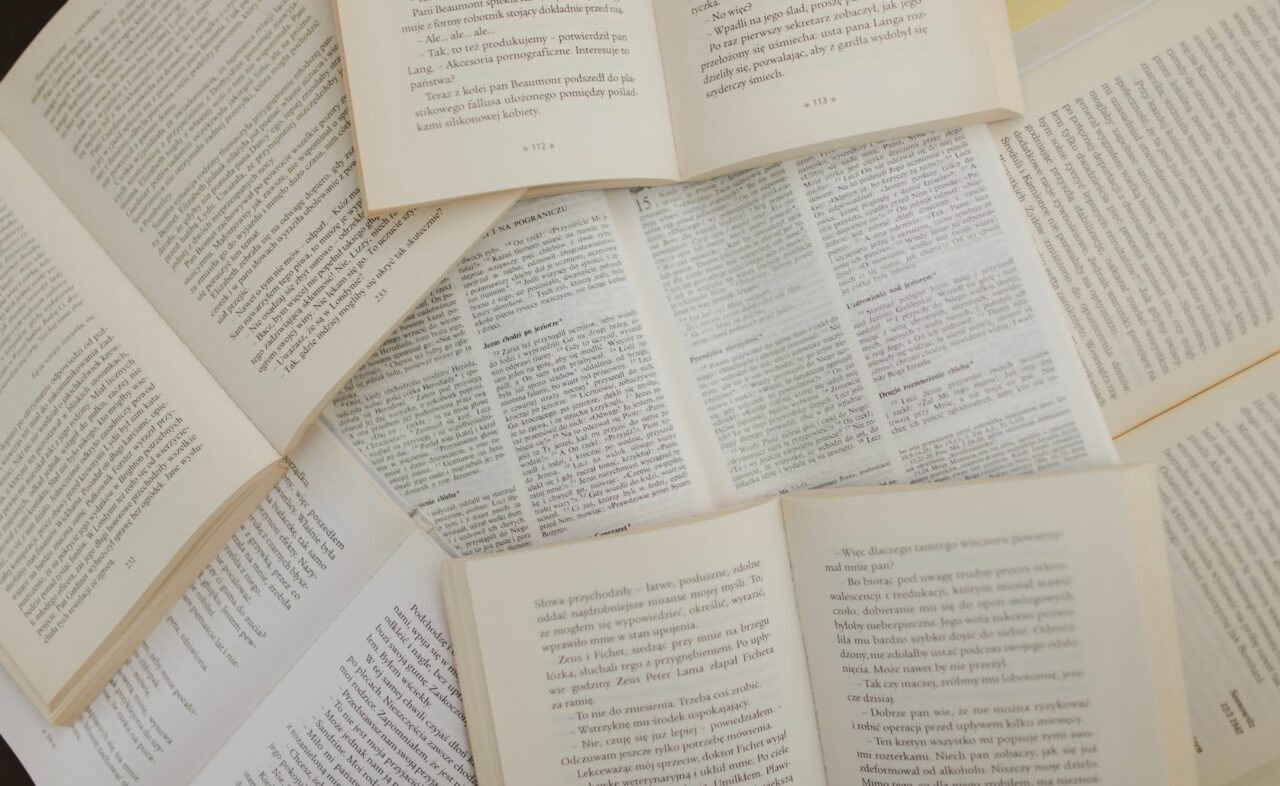
A well-written history essay can be an enjoyable piece of work to read. However, your paper must be properly concluded so that you leave a lasting impression on your reader. The conclusion is the most essential part of your essay.
After all, your conclusion can make or break your entire paper. In this article, we’ll cover the basics of how to conclude a history essay.

Notes on history essay
History is a subject that requires you to be able to analyze and interpret information. You need to be able to draw conclusions from the facts, events and actions of the past in order to present information in a way that makes sense to your reader.
When writing a history essay, it is important to remember that you are writing about events in the past, so there will always be an element of interpretation involved.
However, it is important that you include enough evidence from sources so that your interpretation is supported by evidence. An essay without evidence can often look flimsy and unconvincing.
You must remember to avoid plagiarism and that when you write a history essay, it must be an analysis of the topic and not simply a chronology of events. You need to explain why things happened, who was responsible for them happening, and what consequences those events had on society.
If you don’t explain these points clearly in your essay, then readers won’t understand what you are trying to say.
How To Conclude An Essay
● Summarize Your Argument
An excellent way to start a conclusion is by summarizing all the points made in the body paragraphs and bringing them together in one coherent paragraph or section. This is especially important in more extended essays, where you have several different arguments and evidence to back up each one.
It should also provide an argument for why these points make sense together. The conclusion should not contain any new arguments; it should only summarize what you have written in the body paragraphs.
In writing your conclusion, keep in mind that this is not where you can indulge in flowery language or engage in long-winded digressions. You must get to the point quickly and simply.
Taking a few minutes to quickly summarize what you discussed in the body of the essay helps remind readers why they should care about your argument in the first place.
● Discuss Broader Implications
Once you’ve summarized your main points, it’s time to move on to discussing the broader implications of your argument. Ask yourself questions like “How does my argument fit into larger conversations about this topic?” “Are there any historical movies based on this that can help me write this essay?” or “What could other historians learn from my research?” These questions will help give your conclusion some extra depth and provide further insight into why this topic matters.
The conclusion should also contain a clear statement of your position on the subject matter and the reasons why you hold that position.
● Provide Thoughtful Recommendations
Finally, another great way to conclude a history essay is by providing thoughtful recommendations or suggestions based on what you uncovered during your research for how things might be done differently in the future.
This could be done by making suggestions about new policies or strategies that would help improve certain aspects of society (for example, crime rates could be reduced if there were better security measures installed).
It can also be done by suggesting ways in which people’s attitudes could be changed to become more accepting towards each other.
For example, if your essay is about the relationship between two groups of people, then you could suggest ways in which the groups could get to know each other better and become more accepting of each other’s differences.
What do you think society should do differently as a result of what you learned? How can we apply these lessons in our lives today? Answering these questions will help ensure that readers come away with something meaningful after reading your essay.
You may include in your conclusion some reflection on how the topic relates to broader issues, such as contemporary political issues or social problems.
This can help readers see how historical developments affect their own lives and can also show them how historians analyze issues in order to arrive at conclusions.

Conclusion
Writing a conclusion for a history essay can be difficult, but if done correctly, it can leave readers with something meaningful and thought-provoking to take away from what they just read.
Make sure that you begin by summarizing your main points and then move on to discuss broader implications and provide thoughtful recommendations about how society can apply what was learned from this research.
Doing so will ensure that readers are left with an impactful conclusion that leaves them wanting more!